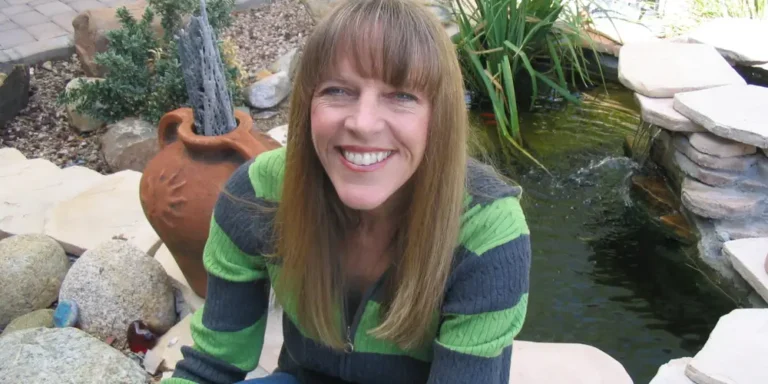Billionaire Silicon Valley developer John A. Sobrato offers up San Jose property for homeless shelters

The 75 tiny home shelters in South San Jose are expected to be finished by the middle of next year
Billionaire Silicon Valley developer John A. Sobrato is offering an empty plot of land in South San Jose for 75 tiny home shelters for the homeless — and the city will only pay $1 per year for the next five years.
Sobrato proposed leasing the 2-acre property near Highway 85 at Via del Oro and San Ignacio Avenue after learning about San Jose’s difficulties in finding viable shelter sites as the city works to rapidly scale up its homeless housing stock.
Sobrato’s son, John M. Sobrato, praised the tiny homes in a statement as part of the family’s larger effort to combat homelessness in San Jose and throughout the Bay Area.
“My father’s offer on behalf of the Sobrato Family Foundation of a five-year no-cost lease of the property on Via del Oro for interim housing is an admirable effort to help one of San Jose’s most vulnerable populations.”
The foundation has also contributed $5 million to a planned homeless housing facility on Branham Lane and Monterey Road in San Jose, which is currently under construction. Sobrato also contributed $5 million to one of the Bay Area’s largest homeless shelters, which opened in Redwood City this spring.
The San Jose City Council unanimously agreed to lease the Via del Oro property on Tuesday. Mayor Matt Mahan stated at the council meeting that he hopes more property owners will follow Sobrato’s lead and consider leasing out vacant sites for shelters.
“It gets private property into the game, into the effort to end street homelessness,” Mahan went on to say. “There is a lot of underutilized privately held property that up until this point has sat on the sidelines because there hasn’t been a good replicable model for getting those property owners engaged.”
The “quick-build” tiny home shelters, which will house around 150 people for at least a few months at a time, are expected to be finished by the middle of next year. Residents will be able to move in with their partners and pets, and units will have private bathrooms.
Dignity Moves, a San Francisco nonprofit, will manage the site, providing case management, mental health counseling, and job training with the ultimate goal of assisting residents in finding permanent housing.
The city hopes to find a new location for the tiny homes at the end of the five-year lease, which could cost another $6.5 million.
The addition of the tiny homes is critical to Mahan’s ambitious goal of moving 1,000 homeless people off the streets and into newly constructed shelter space by early next summer. According to the most recent count, an estimated 4,500 people live outside in the city. This represents an 11% decrease from 2022, owing largely to the city’s recent addition of hundreds of tiny homes and other “interim” housing sites with individual rooms.
However, given the Bay Area’s severe affordable housing shortage, finding long-term housing for shelter residents remains difficult.
According to city reports, roughly half of the roughly 900 people who stayed at San Jose’s interim housing units moved into permanent homes last year, a much higher rate than most group shelters lacking private rooms, though results varied widely across different interim sites. Some locations had a six-month maximum stay, while others allowed residents to stay for a year or more.
The new tiny homes at Via del Oro are expected to cost around $11.3 million, or about $75,000 per bed, according to city officials. That’s a fraction of what Bay Area developers spend on permanent affordable housing, which can cost up to $1 million per unit.
Some opponents of the effort to build more interim housing are concerned that San Jose will not be able to cover ongoing costs at the sites.
According to one city estimate, adding 1,000 interim units — bringing the city’s total to around 1,500 — would cost around $60 million per year by 2030. Meanwhile, some advocates for housing and the homeless argue that city funds would be better spent on permanent supportive housing, which, unlike shelters, can collect rent and housing voucher revenue to offset expenses.
However, Mahan believes the cost is justified, especially when considering the impact of homelessness on first responders and emergency rooms, claiming that each unsheltered homeless person costs the city approximately $65,000 per year.






